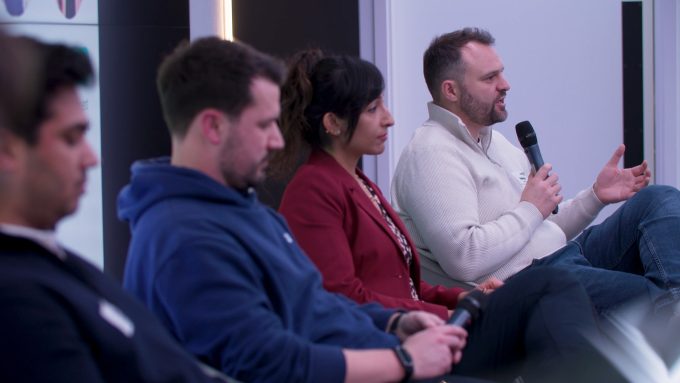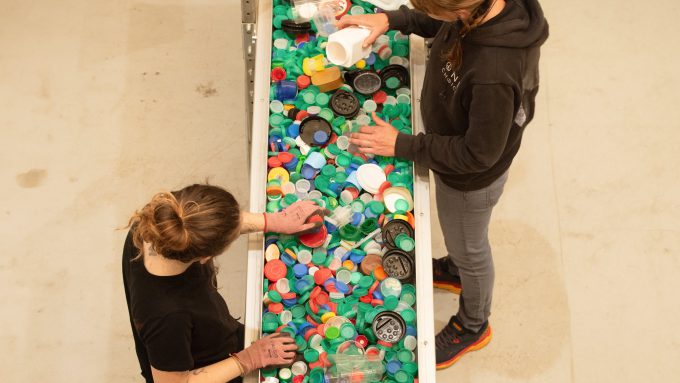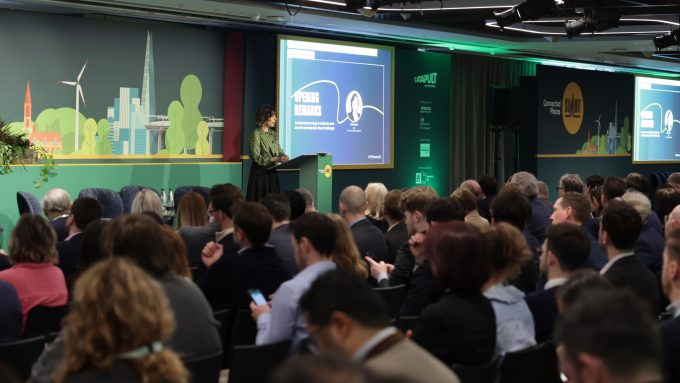‘Make your first impression count’ SMEs seeking finance urged

Technology focused small- to medium-sized enterprises (SMEs) seeking finance must learn to tell potential investors things they want to hear – rather than what their business wants to say, according to a leading investment broker.
Luke Pulford of Minerva Business Angels – which represents syndicates of high net-worth investors – says: “Too many pitches give far too much detail about the technology itself; investors are looking for a return.”
Companies who are successful in securing deals are more likely to present a “relatively simple top line” about their innovation or system, but then focus in on “the commercial application of that technology” and how it can create a business and a financial return, he adds.
“Delivering that in an easy-to-understand manner, from the audience's point of view, is important. The technology itself doesn't create investment opportunities.”
In recent months, Luke has been focused on explaining this approach to partner organisations it works with, who represent SMEs looking for funding. He has been clear to articulate “what we want, and our requirements of what good looks like” in order to better “help those businesses to be more investor ready”.
But once SMEs do understand how to present a “logical and attractive proposition to investors” the current funding landscape is, he adds, “pretty good – as long as companies are realistic with their valuations, and sensible with the amount of money they're trying to raise”.
Angel opportunities explained
Luke says that small businesses seeking funding through angel networks are typically looking for between £50,000 and £500,000 of investment. Any more, and the deal would more often sit with venture capital firms or a syndicate of angel networks; any less and crowdfunding may be more appropriate, he says. An average investment by an angel is around the £30,000 mark as part of a syndicated deal, he adds.
“We present opportunities to our angels, who write cheques based on their risk appetite and the amount of tax they have to offset.” (tax breaks are available to angel investors).
Grant funded accelerator programmes such as those offered by Connected Places Catapult, he says, help to make businesses they support a more attractive proposition for investors, not least because they increase an SME’s cash flow.
“Ultimately what kills businesses is running out of cash. So anything that can bring cash into a business and that's equity free is going to be favourable from an investor’s point of view.”Luke Pulford of Minerva Business Angels
Thirty years in business
Minerva Business Angels was founded in 1994 by the University of Warwick through its science park to support early stage and high growth businesses.
It has a long history of working with the Catapult, and has funded several businesses through its angel networks; including Ecomar Propulsion which took part in our Transport Accelerator: Maritime programme, and Composite Braiding, an SME that took part in the Clean Futures accelerator.
“We are sector agnostic, but we make direct introductions. When businesses come to us, we actively go out and find investors both within our network but also our networks’ network. It doesn't work to throw businesses in front of investors and hope that an investment happens; it needs momentum from a lead investor.
“We analyse each business we work with against our investors and their networks, and get buy-in with subject matter experts.”

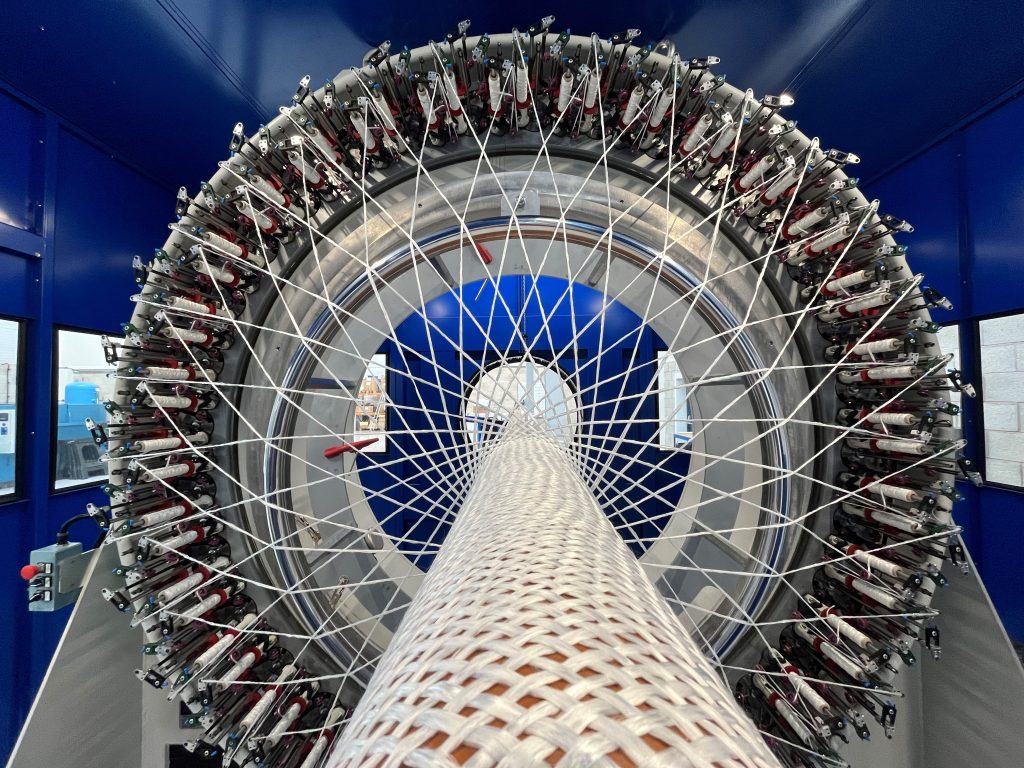
Developments from Ecomar Propulsion (left) and Composite Braiding have been supported by funding from Minerva Business Angels.
Accessing a wide network
Luke says that SMEs who make use of an angel network “gain access to a much greater range of people than you may find by yourself. A significant number of our investors don't publicly advertise the fact they're investors; some of them you will probably struggle to find”.
He also advises company founders looking for investment to make sure they are “well practiced and have got everything lined up, so you don't fall down on really basic points of due diligence.
“Most businesses will speak to us several times and do several pitches to hone their pitching skills before they speak to an investor. They may have only one opportunity with an investor, so have to make that first impression count.”
Luke also explains that some investors are very active, could be subject matter experts and may be looking for “very specific deals”. But there are also “sleeping angels” who wait patiently to identify a terrific opportunity.
“We are essentially matchmakers, reduce risk for investors, and see ourselves as a safe landing zone for small companies,” he says. Investors don't tend to take “huge chunks from any one deal; we tend to syndicate deals and allow our members to build a portfolio over time.”
He advises innovators to carefully time when they seek investment, and to capitalise on the excitement generated by an opportunity. “You probably don’t want to go too early, as you need to have developed enough momentum in the business to prove traction with investors. But you don’t want to be too late either.
“You need to prove your product is market fit, and your business is growing – and having good sales is great,” he adds. “A good back story is important too, as that often explains the progress that's been made to date.”
Find out more about our service for Investors.
Follow Minerva Business Angels on LinkedIn.
Read about other investor stories in this series: Harvey Knight of the Sustainable Wealth Group, and Ed Phillips of Future Planet Capital.
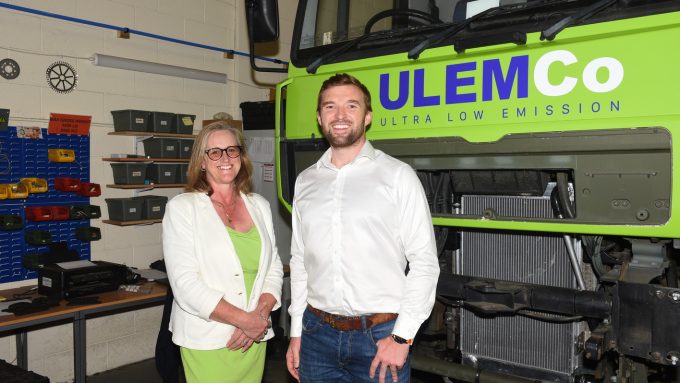

Create investor FOMO, climate tech firms told
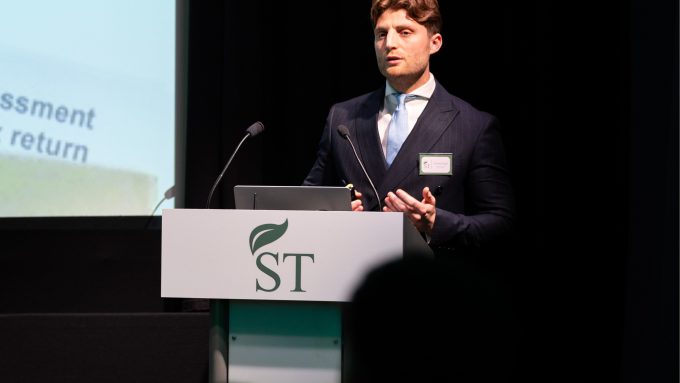
‘Get better at telling stories’ advises tech investor

Drone tech investor speaks up for honest feedback

Highways tech investor says teamwork is key to standing out

Maritime investor charts a course to financial success


